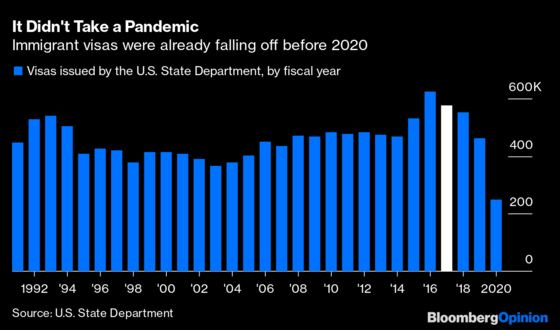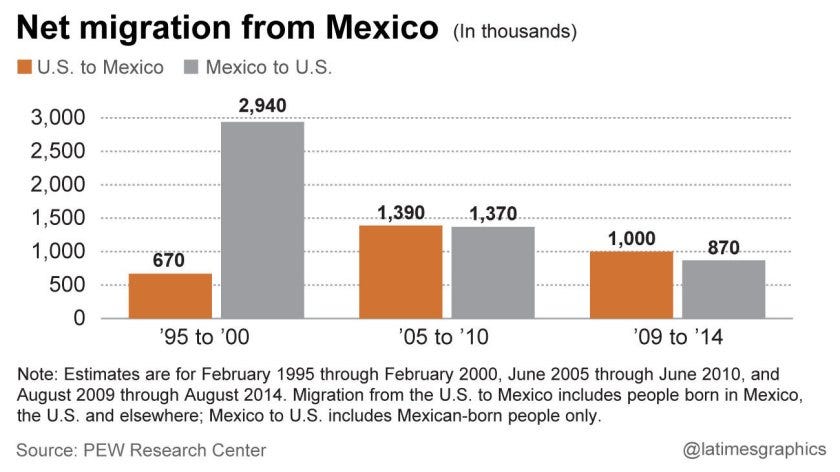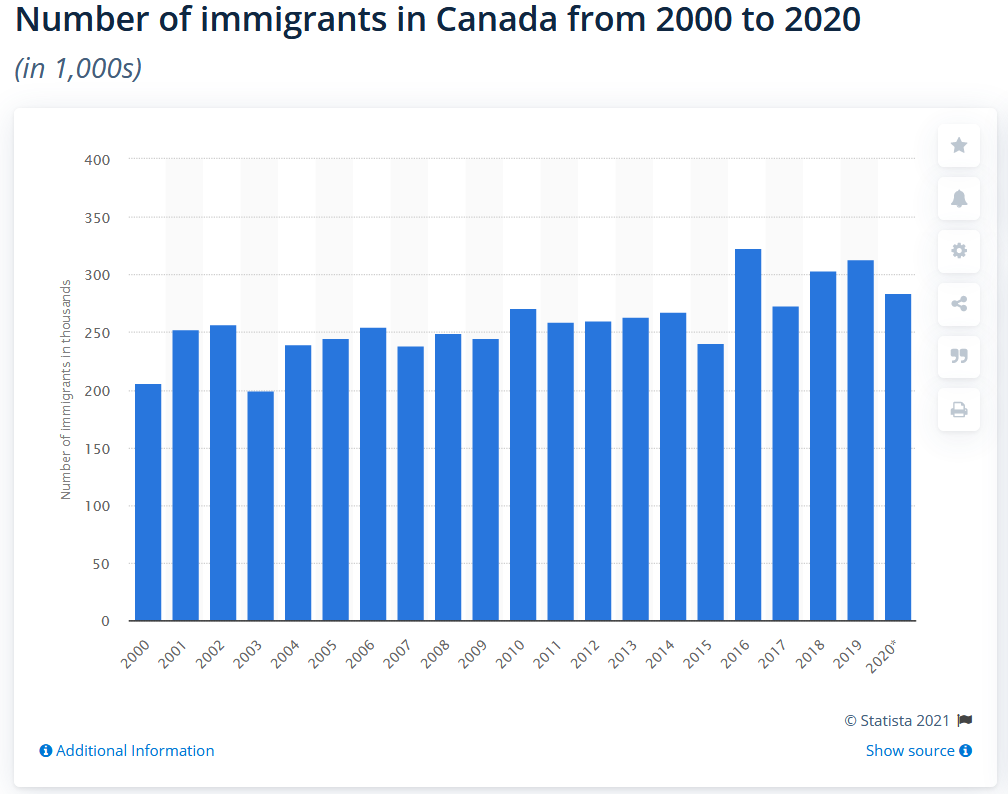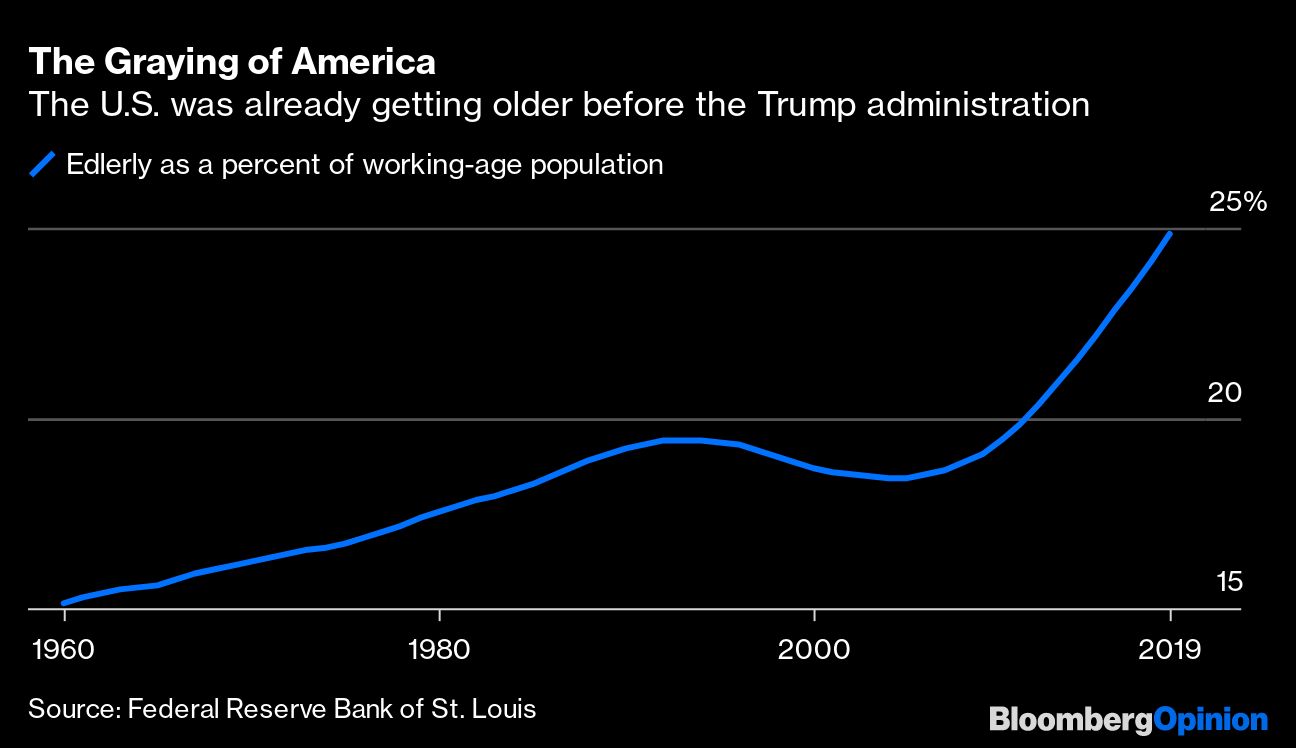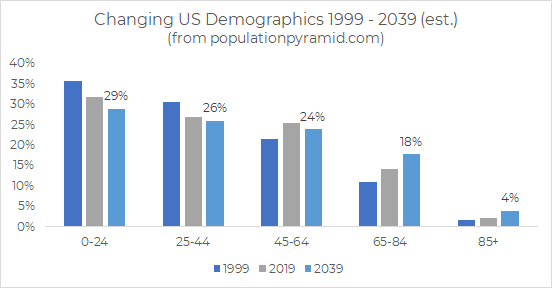Unfair Advantages, Taiwan & Is Clubhouse The New Phone? | #128
👍 Thoughts from wandering around in a foreign place, pandemic-free
February 13th, 2021: Greetings from Taichung and happy lunar new year to all who celebrate! Some creations from Angie this week:
Thanks to Marc, Steve, Michiel and Ben for becoming paid supporters of the newsletter. A nice boost in confidence to keep going!
# Unfair Advantages and Learning
In Ali Abdaal’s course he talked about “stacking the deck in your favor.” His idea was based on aligning your skills and strengths with the opportunities and environments that exist to create things that only you can create. I want to go one level deeper and talk about how the skills that enable these kind of unfair advantages emerge.
When people think about skills they spend too much time thinking about self-improvement and not enough attention to the power of the environments which might help accelerate learning.
I got lucky that I landed in strategy consulting when I was 23. I say I got lucky because I was attracted to the industry for prestige but ended up staying for the way I was able to practice making sense of ideas - something I enjoyed. Many people hate consulting but stick it out for a couple years. One of my friends ran away as fast as he could after 10 months. He should have left sooner.
For me, consulting combined three things that enabled me to master a number of skills in a relatively short period of time.
Those three things were:
Enabling me to practice a skillet I like using and was good at
Gave me an environment where those skills are taken seriously and central to the day-to-day work
Put me in an environment where the coaching and teaching of those skills is part of the day-to-day workflow and something that is encouraged and rewarded
I see a lot of people trying to develop skills in a self-employed environment and worry that they are not getting the environmental constraints or feedback and coaching that will enable them to improve. Some people will improve at dramatic rates no matter what environment you put them in. I imagine someone like Dave Perell would have been slowed down even in the consulting industry. For me, the consulting industry pushed me to work and learn at a rate I didn’t know was possible before.
Many people underestimate the power of institutions to enable learning but it is also risky because most people will not leave a job until a year or two in a role and the fact that many organizations just don’t give a damn if you are learning - just that you are good at what you are hired to do. I saw many people toil in consulting because they were not the kind of people that enjoyed spending hours with a data set or hundreds of pages of transcripts of interviews. I was.
Despite this environment being good for learning, I can look at 5-6 short-term projects over nine years that accounted for 80% of my improvement. Other people have told me similar things about their past experience in investment banking, law, and other professional fields. This is the hard truth about learning new skills - the environments, timing and people need to be in perfect alignment and we can’t always know when they might emerge. This is also kind of crazy - I was in a learning organization but still had to get lucky to land on the right project with the right people to level up.
As many people start to explore online learning, self-employment, and remote work there will be more possibilities for learning outside of a constrained job-like environment but this also means its harder and the chances that we are deluding ourselves about deep learning are higher.
I’m pretty excited about online learning for this reason. If you can figure out what you are good at, an online course is likely worth a lot of money to give you the environment and coaching to level up fast. Even a price of a few thousand dollars seems low.
These experiences can be magical if you can find them, even for a few months. Keep an eye out for the right moments, people and environments that can make it happen because they are the ones that can make all the difference.
#2 Wandering In Taiwan
I’m back in Taiwan and out of quarantine and have been enjoying wandering around for the first time in a year without performing risk assessments and checking my pocket to make sure I have a mask. I’m excited to be able to make plans with friends without worrying about covid. Hoping they can keep it up for the rest of the year.
A few people have asked what it’s been like living abroad and also Taiwan, specifically. Here are some thoughts that came to me as I was walking arond the city this week.
#1 Sharpened awareness
My entire experience is shaped by my lack of fluency in Chinese. I’ll be taking a full-semester course at NTU this spring so we will see how things change.
I spend a lot of time listening, watching and observing in Taiwan. When I first moved here I found it a bit jarring to play this role and notice how “busy” my American mind was. I’ve since been able to appreciate this role. I’ve been spending the past few days with Angie’s family for Chinese New Year and I try to follow the energy of the room, pick up words I recognize, and guess what people say from my limited vocabulary.
It’s interesting to see how much information can be read by sensing the energy of the room and watching people’s body language.
#2 I attract attention
I haven’t seen a non-Asian person in three weeks and as I walk around Taichung I almost always attract sharp turns of the head. The cutest version of this is when kids lock eyes onto me and don’t look away. I usually just smile and wave back and they either laugh or duck their head in shyness. Having spoken with many people over the years I know that many locals just want to talk to me either to practice English or learn about where I’m from.
You never really get used to the feeling of strangers looking at you though it doesn’t upset me either. This kind of curiosity about people different than us is natural and I try to lean into it by saying hello or simply smiling. This experience has also made me feel compassion for anyone who feels uncomfortable as an outsider wherever they might be.
#3 Food markets are great
To live in Asia for a long time is to return to the US with a market shaped hole in your reality. I love the energy of the endless food markets and fruit and vegetable stands almost anywhere you are. Even in the smallest villages there are food stands and a place to get fresh vegetables and fruit. Hopefully Taiwan and other parts of Asia never lost this part of their culture.
#4 US Distractions
I get distracted by the news and social media just like anyone else but there is a noticeable calmness that happens when the US is asleep across almost all my news and social media feels. It might surprise you that pages like CNN does not surface any “breaking news” while most of the US is asleep.
#5 I feel stupid, often
This week I was wandering around trying to find a Taiwanese breakfast stand (iykyk) and thought I spotted one. There was a menu but I didn’t remember the Chinese character I was looking for so I walked past the stand to re-group. I pulled out google translate and remembered that Chinese words don’t always translate directly to English so I had to do my best to say “Dan Bing” and hope that my pronunciation was good enough and that the character it returned were correct (they often are not). I then tried to memorize the characters while casually strolling past the stand again they didn’t have what I was looking for.
I try my best to learn the words and characters of what I need before but because of how hard it is to translate English to Chinese I often find myself in a state of not knowing and also not being able to say things. Because of the tones of the language locals often also have no idea what I’m trying to say.
Luckily a smile and some attempt gets you a long way and I end up laughing at myself at the lengths I’ll go to not embarrass myself (completely).
#6 History of Taiwan
Learning about the history of Taiwan has been a way for me to make sense of some of the cultural differences between my wife and me as well as learn about a place that has become a second home. Taiwan, like any other country, is complex and has a thousand different threads to tell its story.
I recently did a lengthy tweet thread on all my favorite things Taiwan a few weeks ago if you’re curious to explore some of these things.

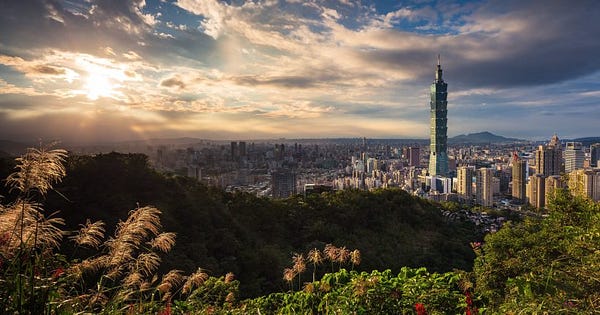
#3 Clubhouse the new phone?
I stumbled across this essay on the introduction of phones and people’s fears around them in the beginning. Seems like we have similar reactions to almost any new technology.
“We shall soon be nothing but transparent heaps of jelly to each other,” a London writer moaned in 1897. Others fretted that the telephone sped up life, demanding instant reactions. “The use of the telephone gives little room for reflection,” wrote a British newspaper in 1899. “It does not improve the temper, and it engenders a feverishness in the ordinary concerns of life which does not make for domestic happiness and comfort.”
and
Thomas Edison advocated beginning each call with “Hello,” but masters of etiquette cringed. “It sounded too much like a ship-to-ship call across to another,” laughs Fischer—far too crude and abrupt, a barbaric yawp devoid of social grace. As one social critic sneered at the time: “Would you rush into an office or up to the door of a residence and blurt out ‘Hello! Hello! Who am I talking to?’” Others argued that the phone might be fine for some things, but not for delicate communications—like inviting an acquaintance to dinner. (“Never excusable, save among very intimate friends,” etiquette author Annie Randall White wrote in 1901.)
I think I had similar similar initial reactions to clubhouse amid all the hype. I joined a couple large group rooms and thought “this is a crappy podcast!”
That changed after a beautiful conversation I had with two friends this morning. The conversation we had just was not possible as a three way video call or phone call and for some reason worked perfectly on Clubhouse. I’m excited to experiment more with the smaller, more intimate conversaitons and gatherings - the kind I like participating in anyway.
#4 Immigration To The US
This week in curiosity conversations, people from India, Croatia and England mentioned that at one point they had wanted to try to move to the US but had given up that dream. Two other people, one from from Poland and the Philippines had similar sentiments. A few of the reasons people mention to me:
The paperwork, fees, and roadblocks to coming to the US are more complex and cumbersome than ever
Trump seems to have helped amplify a message that the US is not immigrant-friendly
Local conditions, especially with the emergence of local tech hubs, remote working, online communities of people finding each other on social media and low cost of living are making people more interested in staying local
They are worried about having a health problem and not having enough money to afford it. In addition, most foreigners want to move to cities which have increased in price a lot.
Other countries like Canada, New Zealand, Thailand, Portugal, Spain and many others are becoming more attractive because they are proactively going after immigrants, remote workers, and digital nomads.
It seems the US had already been seeing a decline in immigration before COVID. I don’t have a stance good or bad here - but it is happening and it seems that Hispanic (especially Mexican) immigration has reversed (meaning more are leaving the country than coming in).
Unless the US dramatically raises immigration from other countries we will start to see declining immigration and over time slower growth of population.
Compare this to Canada which has been aggressive in attracting skilled immigraants and for the first time has more immigrants (with 10% the population) than the US with only a slight drop for Covid.
In the 20th century immigration was used by countries like the US to double down on already strong growth. Most studies seem to show that high-skill immigration has a positive effect on economic growth and low-skill a negligible effect at worst.
Yet over the last 20 years slower immigration is combining with slowing fertility rates and an aging population.
This is a demographic reality that has never existed in the post-WWII America. You can see this shift graphically from 1999 to 2039.
We don’t really have models for how to think about growth, employment and culture with an aging population and less kids not to mention the weird blip of the boomer population which is working longer than previous generations and does not appear to be helping with any generational shift in wealth or leadership.
It may take 5 or more years for the boomers to start to shift to retirement to see what we really start to see how culture will shift around work, immigration and the economy.
#5 Good News Corner!
I’m starting a recurring section where I’ll share good news, announcements, or creations from readers. Just e-mail me if you have something you want to include:
👨🌾 Scott is a designer who recently cut his hours in half to build a future centered around a farm
✍ Kaila has a beautiful essay on Quora about how she’s struggled with dark thoughts and how she has grappled with it in her life
🎧 Amar was featured on a podcast that he used to listen to on his commute in 2013 and 2014 before leaving to do his own thing. Nice!
💉 Taiwan just inked a deal for 5 million vaccines from Moderna to arrive in a few months.
🌐 John just passed 1,000 subscribers for his newsletter International Intrigue were he shares a unique perspective as a former diplomat scouring the world for interesting stories. He’s also starting to see a path to working on his own. Sweet.
Thanks for reading. The best way you can support me is to join in the conversation. Share thoughts on Twitter, reply to the e-mail and tell me what resonated or what you’d add or just hit the like button at the bottom!
If you’d like to support further you can become a micro-supporter via Substack or use my affiliate link for the platforms I find useful like Podia, Teachable, Wealthfront, or ConvertKit.







